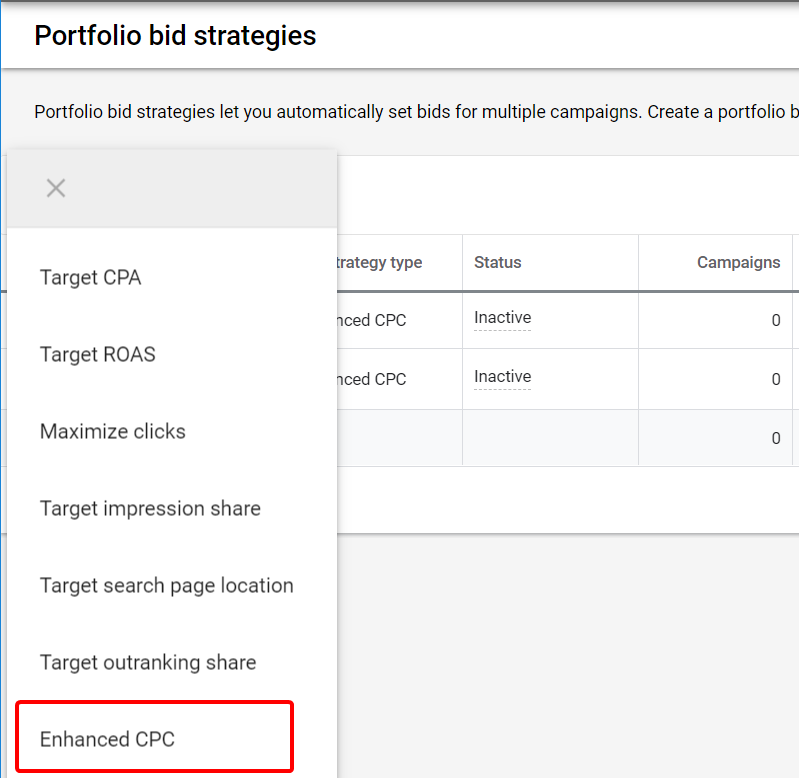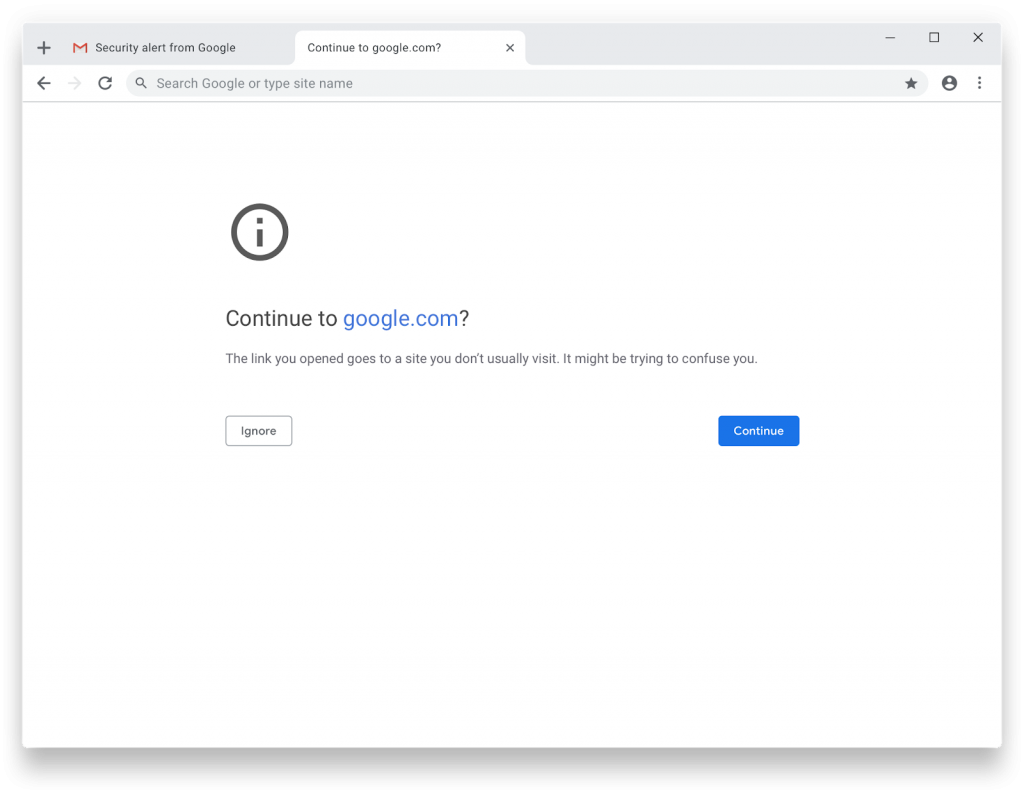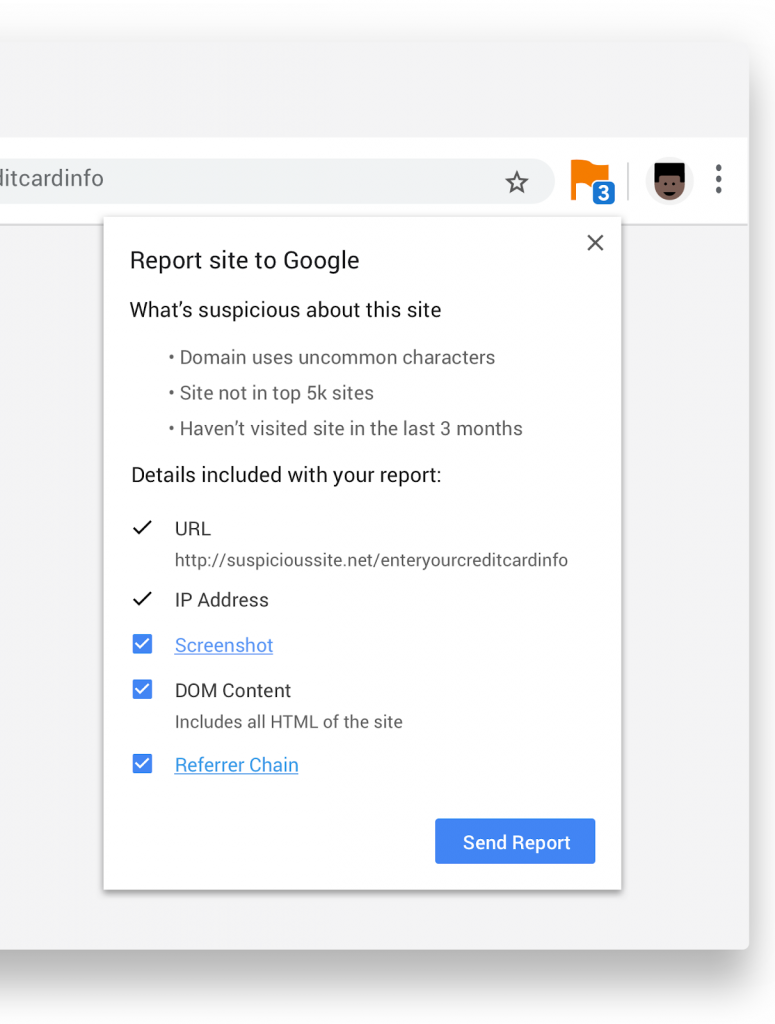This Week’s Industry News
Compiled by the Rocket Clicks Team
Top Stories
Google Removes Preferred Domain Setting Option in Search Console
As we continue to migrate to the new Search Console, Google announced it will remove the “preferred domain” site setting option. In an effort to make things easier, when Google’s system recognizes the same content on multiple URLs, it will automatically pick one URL as the “canonical” for Search.

Google will no longer use any existing Search Console preferred domain configuration. However, users still have ways to tell Google their preference if there’s a specific URL they want it to pick. Detailed explanations on how to tell Google your preference is available in this help center article. Here’s an overview of some of the options available:
- Use rel=”canonical” link tag on HTML pages
- Use rel=”canonical” HTTP header
- Use a sitemap
- Use 301 redirects for retired URLs
Source: Google Webmaster Central Blog
Google to Remove eCPC, Replacing Target Spend With Average Daily Budget
Come July, Google Ads will no longer have Enhanced CPC as a portfolio bid strategy. The reason being that there is no benefit to using eCPC at the portfolio level as the strategy is far more commonly used at the campaign level. Current eCPC portfolios will be automatically transitioned to the campaign level. Target CPA, Target ROAS, Target Impression Share, and Max. Clicks will all continue to be available at the campaign and portfolio level.
Also new in July, the Target Spend option will no longer be available for new Max. Clicks portfolio bid strategies. Google claims that the reason for this change is a result of user feedback. Google wishes to make their interface more straightforward and easier to use. Moving forward, Google will base spend around a targeted average daily Budget.

Source: Search Engine Land
Chrome Launches Two New Safety Features Designed to Protect Users
Chrome released two new safety features: the Suspicious Site Reporter Extension, and the new Deceptive URLs Warning. Both are designed to act as guides for safer browsing on the web. Starting with Chrome 75, there will be a new Deceptive URLs Warning that lets users know if they’re possibly heading to a deceptive URL. It works by comparing the page the user is trying to reach to recent pages they’ve visited. If a URL is similar, such as go0gle.com, it would be deemed as confusing or deceiving, and users will receive a warning message to guide them back to a safe place.
The new Suspicious Site Reporter Extension allows Chrome users to easily report suspicious sites to Google Safe Browsing. Safe Browsing works to protect users from phishing attacks and is now able to show warnings across multiple browsers and apps to people before they visit dangerous sites or download dangerous files. It analyses sites known to Google Search’s web crawlers, and creates lists of sites that are deemed dangerous or deceptive. In addition to allowing users to report unsafe sites for further evaluation, the new Chrome extension will also show users an icon if the site they visit is potentially suspicious and will provide reasons why.

Some users are upset with Chrome’s new extension because it automatically deems all sites as suspicious if they’re not in the top 5,000 websites, which seems to be slightly biased to big brands. However, big brand sites can still be flagged as suspicious if the user hasn’t visited the site in the last three months.
Sources: Chromium Blog & Search Engine Journal
Facebook’s Calibra Set to Drive More Ad Sales
Facebook will be introducing a new app come 2020 that is expected to make an impact on the way advertisers purchase ad space. The app, Calibra, is Facebook’s means of entering the cryptocurrency space. Acting as a digital wallet, Calibra will allow users to make financial transactions using Libra, a digital currency.
Facebook’s objective is to introduce e-commerce to developing countries by providing them alternative methods of making online payments. Over 1 billion people do not have a bank account which can be used to make online purchases. The Calibra app will introduce new buyers to the online marketplace and, as a result, increase the demand for online advertising through Facebook.

Source: Marketing Land
Analysis:
3 Ways Small Travel Companies Can Compete in the SERPs
One perk of being a smaller company in a competitive space is having the option to explore out-of-the-box marketing ideas that simply are not feasible for a larger company. If you’re willing to take the risk, it could drastically grow your audience and your business. This is especially true for businesses in the travel industry because of the constant demand and consistent audience. Here are five ways for smaller travel companies to compete in the SERPs:
- Focus on long-tail keywords – big companies often rank for high-volume phrases, which makes it nearly impossible to compete. However, doing extensive keyword research can reveal details of the entire buyer’s journey, which unlocks endless opportunities to capitalize on underserved topics using long-tail keywords.
- Be thorough & detailed – after you’ve completed the keyword research, you’ll have a better idea of topics to focus on and build out. Consider creating dense, detailed pages with easy-to-find links and a solid, visually appealing structure to draw in your audience by providing them with everything they need in one spot. Use this time to consider using any structured data to give yourself an even better shot at getting a featured snippets.
- Contribute content to a well-known blog – if ranking for a competitive term is at the top of your list, start by identifying well-established blogs that already rank in this space. If the site accepts contributed content, consider submitting an in-depth article focused on the particular term you’re hoping to rank for. This will allow for great brand exposure and a potential increase in traffic to your site, even with the content hosted on a separate blog.
Source: Search Engine Journal
Paid Search or Paid Social?
Search Engines and Social Media outlets are both effective tools for online marketers. Year-by-year, these tools are becoming more and more advanced, making audience targeting easier. At the same time, ad space is getting more competitive and, as a result, costly. On a minimal budget, one might have to decide which option they should pursue harder. Below you will find a case for each:
Paid Search:
Users look to search engines to browse the internet, collect information, and solve problems. Paid Search makes it simple to put the solution to a problem right at the top of the search results page. By advertising through the search engine, you are able to advertise to users based on their intents. Rather than boring users with messages that may not be applicable, you are able to show the right messages to those that want to listen. No longer do you have to convince your target audience that they have a problem. Rather, you must demonstrate that your solution is the best.
PaidSocial:
Unlike any other mass media advertising tool, Paid Social allows you to show ads to those most likely to convert. And unlike other media channels, Paid Social gives marketers the power to track how their ads are performing and the actions taken as a result. Having this data handy helps the advertiser make better ads, thus creating a better user experience. Not to mention the average cost-per-click on social ads is usually less than those of other online networks.

Source: Jacob Baadsgaard, Marketing Land




















